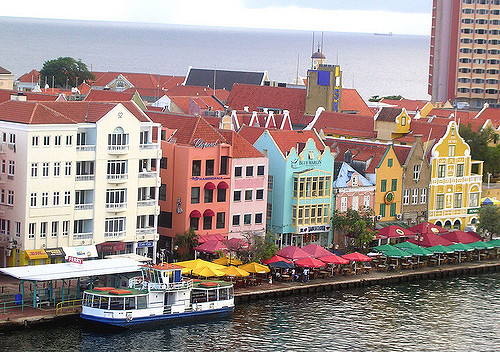Addressing the Curacao Poverty Rate
 On October 10, 2010, after centuries operating as a deep-water port for the Dutch, the small Caribbean island of Curacao gained autonomy as a state in the Kingdom of the Netherlands. 80 percent of the country’s debt was forgiven by the Dutch, and most government positions were undertaken by local citizens. For many who lived on the island, 10/10/10 marked the dawn of a new era of opportunity. “We were confident that we were going to have this perfect future,” said political analyst Michiel van der Veur.
On October 10, 2010, after centuries operating as a deep-water port for the Dutch, the small Caribbean island of Curacao gained autonomy as a state in the Kingdom of the Netherlands. 80 percent of the country’s debt was forgiven by the Dutch, and most government positions were undertaken by local citizens. For many who lived on the island, 10/10/10 marked the dawn of a new era of opportunity. “We were confident that we were going to have this perfect future,” said political analyst Michiel van der Veur.
Enthusiasm was short lived. Soon after gaining autonomy, the assassination of politician Helman Wiels plunged the island into turmoil. Between 2012 and 2013, Curacao had four prime ministers, greatly increasing the instability. As a country plagued with such unrest, it should be no wonder that the Curacao poverty rate is over 25 percent.
A small island country located in the Caribbean, much of the economy in Curacao is based around tourism and is thus highly sensitive to fluxes in the world market. Most of the country’s necessities are imported, leading to large trade deficits.
The Curacao poverty rate is likely increased by the country’s “brain drain” problem. Like many other developing island nations, citizens who are ambitious and educated often leave, moving to other countries with better opportunities for people with their skill sets.
However, Curacao has committed itself to addressing the country’s widespread poverty. With the support and assistance of the U.N. Development Program, Curacao has created a National Development Plan (NDP), which will focus on improving the economy through a series of steps from 2015 to 2030.
The NDP focuses on five themes to accomplish its goal: education, economy, sustainability, national identity and good governance. As diminishing the Curacao poverty rate is a priority, economy is one of the most important themes. In order to accomplish this, Curacao will focus on structural reform, government support, sectoral growth, supporting investments and broadening ownership of industry and land.
With the NDP, Curacao has taken a significant step towards strengthening the economy and the country as a whole. While there is much work to do, the country’s history as a long time trading center and large deep water port point to a high probability of success.
– Connor S. Keowen
Photo: Flickr
